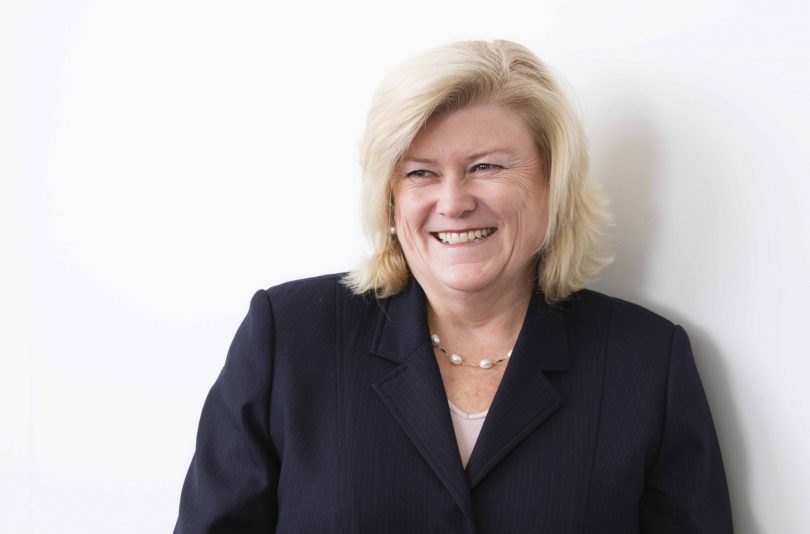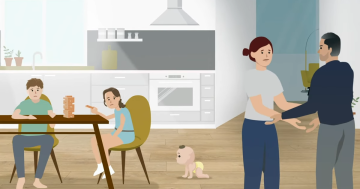
Alison Osmand – partner at DDCS Lawyers. Photo: Supplied.
Nearly every Australian adult now carries a smartphone in their pocket. And while we use our phones for everything from ordering dinner, to hailing a ride or paying bills, few people are aware of the technology available to separating couples.
DDCS Lawyers partner Alison Osmand says new technology like apps can help former spouses navigate the financial and shared care arrangements. These options allow separated couples to communicate in a neutral way while keeping a record of discussions to avoid conflict over ‘but you said this’.
She says the most frequently used apps are replacing the ‘communication book’ that parents going through a separation once used.
“Often parents unable to communicate freely with one another would use a notebook, which would travel with the child, often in the child’s bag, when they would go back and forth from one parent to the other.”
The wide range of apps allows parents to privately communicate during an emotional and stressful upheaval, without making children feel that they are the go-between in discussions.
While many parents may still be able to communicate via text message or phone calls without issues, in high conflict cases or cases of family violence, Ms Osmand would generally recommend an app.
“There are a number of good communication apps parents can use, that can also create a record of conversations and restrict the bad things parents might say to one another,” Ms Osmand says. This encourages parents to communicate respectfully with each other about their children.
Likewise, while social media can be a good place to connect with friends, Ms Osmand reminds clients it’s not the place to vent about your former spouse. Even conversations in closed Facebook groups or posts on private Instagram accounts may still be accessible and could be presented as evidence.
“People come to us with posts downloaded from social media pages to show what their former spouse has said about them. That finds its way into the affidavit as evidence in court,” Ms Osmand says.
“One of the first things I say to people now is, ‘Do you have a Facebook account? Instagram? What’s your exposure on social media?’ It is not the forum for talking about how you feel.”
The law firm partner, widely recognised for her expertise in custody and children’s matters, also talks to clients about the possibilities of stalking.
“I often have clients come to me concerned that too many coincidences are happening in their life with their former spouse knowing where they will be or what they are doing,” she says.
“It turns out some form of spyware is on their phone. Unbeknown to them, their spouse can track their movements through their mobile,” Ms Osmand says.
Taking basic precautions like changing passwords on all devices is a sensible first step after separation while in some instances the lawyer will recommend devices are professionally checked for spyware.
Ms Osmand added that while some aspects of digital technology make us vulnerable, the overall shift towards digital technology will ultimately lead to positive outcomes for clients.
“We’re seeing more innovation in family law in terms of tools that are designed to streamline many of the processes that can cost clients time and money.”
This is a sponsored article, though all opinions are the author’s own. For more information on paid content, see our sponsored content policy.
















